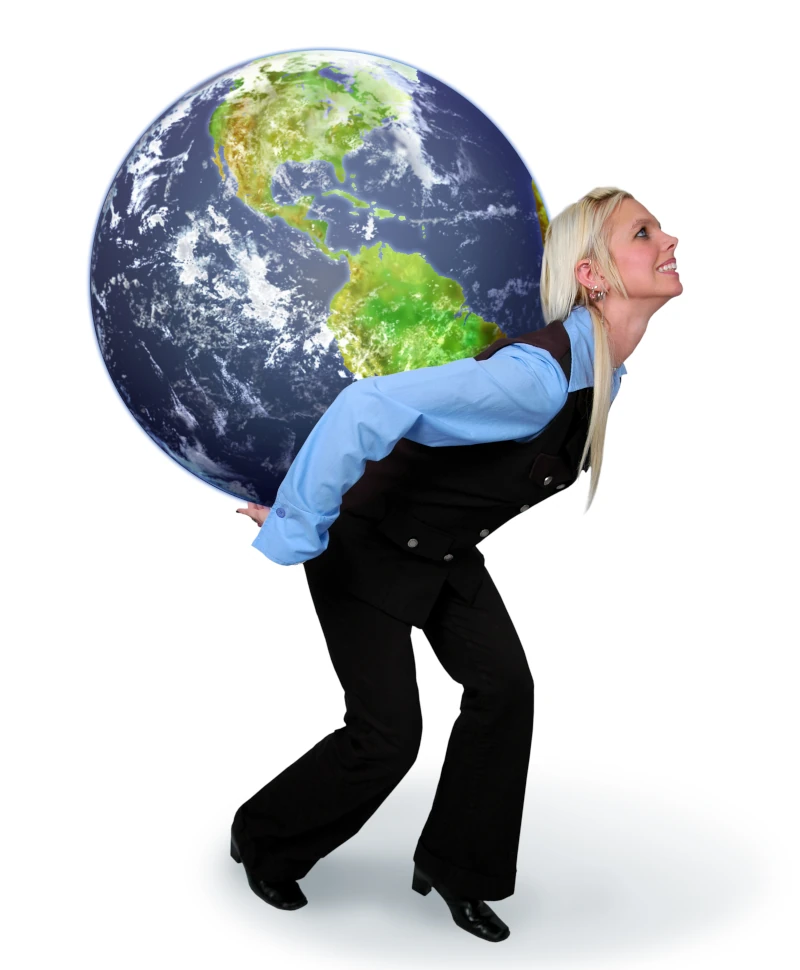by Chris Prange-Morgan
A patient of mine who happens to be a historian stated something mundanely eloquent not long ago. As we talked about the common practice of prescribing medication for folks suffering from depression and anxiety, he asserted, “There’s a whole lot of awfulness in the world right now. We have a youth mental health crisis fueled by social media like we’ve never seen in our lifetimes. We have climate change causing all kinds of environmental disasters. We have extreme political polarization, with its tendency to demonize folks on either end. Anyone who’s not touched by what’s going on in the world has to be either dead or hiding under a rock somewhere.”

My mind darted to the recent death of singer/songwriter Sinead O’Connor. A woman very vocal about her mental health struggles, she was also described as a warrior, an activist, and a fierce advocate for world issues she felt passionately about. Many tributes attested that Sinead was not one to sit back and let injustice or corruption happen. As Tim Burgess of the Charlatans shared, “She did not compromise. And that made her life more of a struggle.”
As a person who tends toward the sensitive side, I often ponder to myself, “Am I just sad? Am I overwhelmed? Grieving? Depressed? I think this is a pretty common question folks ask themselves these days with all that’s happening in the world, and there’s a German word that seems to fit: Weltschmerz.
Translated literally from the German language as “world pain,” Weltschmerz is a sense of weariness, sadness, or melancholy at the evils or perils of the world. Often experienced as a sense of apathy or a mood of sentimental grief, Weltschmerz is caused by comparing the actual state of the world with an idealized longing for things to be different.
In his 2015 article in the Guardian, Oliver Burkeman discusses Weltschmerz as having a firm belief that things could and should be better, encapsulating a sense of grief at how the world keeps falling short of expectations. He goes on to illustrate the fact that, in the past, we had the capacity to remain ignorant of many world affairs. If we didn’t want to be emotionally burdened with the bad happenings of the world, we didn’t have to read the newspaper or watch the evening news.
But it’s nearly impossible to remain unaffected by the sensory data we are bombarded with these days. We’re inundated with harsh realities through the images we see on our devices and social media channels, and so are the people we surround ourselves with. What’s worse is that we are often left with a feeling of powerlessness over what’s happening. Studies have indicated that the overwhelming nature of the devastation young people see on a daily basis is having a negative impact on their mental health, causing them to have a bleak and pessimistic vision of the future.
Three Suggestions for Coping with Weltschmerz
Set boundaries for yourself and your heart.
I realized several years ago (while going through stressful parenting circumstances) that I needed to limit my exposure to the news and social media for my own mental health. It wasn’t that I didn’t care what was happening in the world. It was the fact that I cared too much about the things I saw, and felt powerless to do anything about them.
The stressors in my own life were overwhelming enough that I had to give myself permission not to care—for a while. I decided to take a long break from social media and the news, silencing notifications and non-emergency media noises and images that made me feel sad and powerless. When things began to settle in my family life a bit, I started to let those images back in.
My kids are now teenagers, and we talk about the some of the big issues the world is facing. We talk about how trauma is all around us, and it is our responsibility to manage our own physical and emotional health as we interact with all the structures we find ourselves in as stewards of the planet.
Spend time in nature.
Watch the warm and gentle sun set. Listen to the loud roaring of the tides. Stand atop a mountain, peering over the small valley below. Breathe in the crisp fall wind. These are all subtle reminders that Mother Earth continues to care for us, despite what jerks we can be.
Whether we are stroking the soft fur of a beloved pet or marveling at a stunning majestic vista, these experiences remind us that nature truly does heal. Despite the ugliness we sometimes see in the world, it’s still stunning and vast and beautiful.
Connect with others and commit to change.
All of the iconic visionaries of the world have fought hard to combat Weltschmerz through political activism, consciousness-raising, and aligning with others to advance their goals to make the world a better place. Now more than ever, technology has allowed people to connect through channels and communities where common objectives can be focused upon.
Uniting with like-minded others and committing to dedicated action (even in small ways) can keep feelings of powerlessness at bay. It’s important to know that we’re not alone and to know that there are others who care about the world just like we do.
There is always, always hope. We just need to look around, reconnect, and find it.
Chris Prange-Morgan is an adoptive parent, patient advocate, hospital chaplain, and the author of Broken, Brave, and Bittersweet. This article originally appeared in Psychology Today.